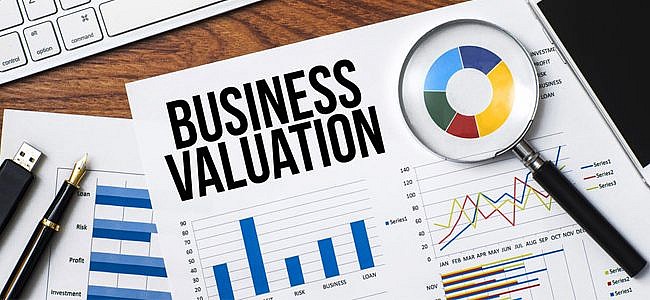This article discusses different methods for Business Valuation Methods, however the only genuine valuation is the one reached by the buyer and seller following extensive negotiation and disclosure of all relevant information. The more techniques you utilize to value something, the closer you’ll come to a number. The more data you have, the more accurate your estimate will be.
Because they ignore external or intangible elements, most business valuations are unrealistic. Here are some examples of various criteria that go into assessing a company’s worth.
Economic Conditions
The state of the US economy has an impact on all businesses in a variety of ways, and local economies may have an even greater impact on yours. Consider economic aspects when estimating the value of your company to a potential purchase.
Location and Market Factors
It’s all about “location, location, location” in business sales, just as it is in real estate sales. Keep in mind the location considerations that extend beyond your immediate business area to your city and county, and finally to your state when you analyze your business selling price.
Technological Factors
It’s impossible to put a monetary value on a company’s level of technology, but it’s a major component in the selling of a company. Your company’s website, any online sales you make, and the usage of computer tools and apps in all aspects of your organization can have a favorable – or bad – impact on a buyer.
A Final Note on Business Valuation
Business Valuation Methods, the worth of a firm can only be determined when a willing buyer and willing seller sit down and reach an agreement, which they then place in writing. When you go into a negotiation with a seller, though, having certain business valuation methodologies in your back pocket might help you focus the conversation and reach a deal more quickly.






Leave a Reply